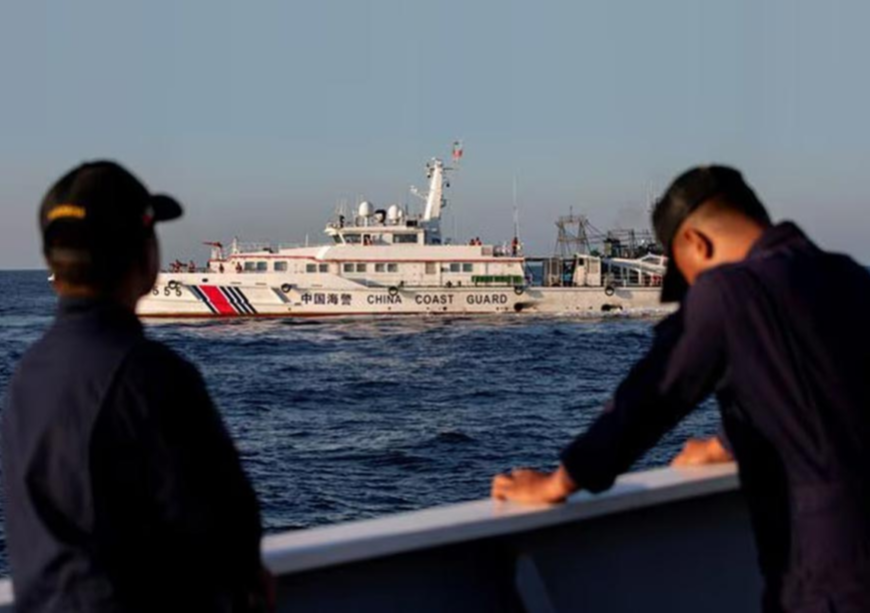External affairs minister S. Jaishankar’s three-nation tour to Southeast Asia last month amid an election cycle in India underscores the critical role this region plays in New Delhi’s aspiration to emerge as a critical anchor in the Indo-Pacific. India’s relationship with Southeast Asia is marked by historical, cultural and economic ties that have evolved over centuries, shaping the diplomatic landscape of the region. Geopolitically, India’s ‘Look East’ policy, initiated in the early 1990s and later reconfigured as the ‘Act East’ policy, demonstrates its commitment to deepening engagement with the region.
Yet, as a recent survey published by the ASEAN Studies Centre at ISEAS – Yusof Ishak Institute reveals, it is a long road ahead for India in the region, with only 0.4% of those surveyed naming India as the country with the most political and strategic influence in Southeast Asia. This despite the fact that historically, New Delhi’s cultural influence extended to Southeast Asia through trade routes, religious exchanges and the spread of Indian civilization.
India’s relationship with Southeast Asia is marked by historical, cultural and economic ties that have evolved over centuries, shaping the diplomatic landscape of the region.
India’s economic engagement with Southeast Asia has also grown significantly. The Association of Southeast Asian Nations (Asean) is India’s fourth-largest trading partner. Initiatives like the India-Asean Free Trade Agreement have facilitated trade liberalization and economic cooperation. Additionally, India’s participation in regional forums like the East Asia Summit and Asean Regional Forum help its outreach.
In this age of the Indo-Pacific, the strategic convergence between India and Southeast Asia has evolved dramatically shaped by common concerns regarding maritime security, terrorism and the changing balance of power. India’s strategic partnerships with countries like Vietnam and the Philippines have deepened security cooperation, particularly in areas such as counter-terrorism, defence technology and maritime surveillance.
Moreover, India’s Act East policy emphasizes connectivity projects, such as the India-Myanmar-Thailand Trilateral Highway and the Kaladan Multi-Modal Transit Transport Project, to promote economic development.
The emergence of a strategic dimension in India’s outreach to the East is a relatively recent phenomenon. Launched in 2014, the Act East policy has sought to give a more proactive focus to Indian engagements in East and Southeast Asia by deepening economic integration, expanding strategic partnerships and fostering cultural and people-to-people ties. By doing so, India seeks to play a more prominent role in shaping the evolving geopolitical dynamics of the region while advancing its own national interests and goals.
India’s strategic partnerships with countries like Vietnam and the Philippines have deepened security cooperation, particularly in areas such as counter-terrorism, defence technology and maritime surveillance.
India’s Indo-Pacific policy has at its heart the notion of Asean centrality, which reflects its recognition of the region’s pivotal role in shaping the Indo-Pacific architecture and its commitment to deepening ties with Southeast Asia. Yet, the divisions within Asean are becoming starker and the challenges facing a once-dynamic regional grouping growing. Asean’s inability to forge a coherent response to the Chinese belligerence in South China Sea can no longer be ignored.
During his visit to Manila last month, Jaishankar had stated that prosperity in the region is “best served by staunch adherence to a rules-based order,” highlighting the 1982 UN Convention on the Law of the Sea (UNCLOS) as a foundational aspect of this approach. He said that “all parties must adhere to [UNCLOS] in its entirety, both in letter and in spirit” and reiterated “India’s support to the Philippines for upholding its national sovereignty.” Tensions have been brewing between China and the Philippines as Chinese forces have been trying to dislodge the Philippines from the Second Thomas Shoal. Against this backdrop, Manila’s attempt to incorporate India in its strategic calculus for issues of traditional security and defence is striking in contrast to how relations were in the past—often limited to areas of low politics.
India’s engagement with the South China Sea (SCS) issue is primarily driven by its strategic interests in maritime security, freedom of navigation and regional stability. While India is not a claimant state in the SCS dispute, it has significant stakes in the region due to its growing economic and security interests in the Indo-Pacific. New Delhi has consistently advocated the peaceful resolution of disputes in the South China Sea in accordance with international law, particularly UNCLOS, underlining the importance of upholding the principles of freedom of navigation and overflight in the SCS, given its significance as a crucial maritime trade route connecting the Indian Ocean with the Pacific. India’s focus has remained on framing the debate in normative terms by focusing on enhancing maritime cooperation, promoting connectivity and building partnerships with like-minded nations to ensure regional stability and security in the Indo-Pacific.
While India is not a claimant state in the SCS dispute, it has significant stakes in the region due to its growing economic and security interests in the Indo-Pacific.
India remains constrained by the inability of regional stakeholders to come to a cohesive understanding on the issue. Yet, it cannot remain immune to all the turbulence that is growing in the region. New Delhi’s Southeast Asia outreach is also contingent on the choices of regional players.
This commentary originally appeared in Mint.
The views expressed above belong to the author(s). ORF research and analyses now available on Telegram! Click here to access our curated content — blogs, longforms and interviews.




 PREV
PREV


